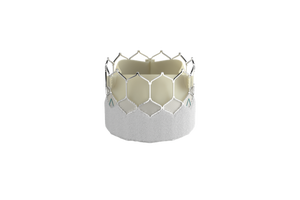The Lean Startup Movement, Applied to Medical Devices
August 20, 2013
Steve Blank, a serial entrepreneur, has influenced the development of the Lean Startup movement, which espouses rapid iterative product development and creative experimentation based on business hypotheses. The strategy has been applied to the likes of firms such as Zappos, which is now a billion-dollar company. Its use in the medical device world, however, has been limited. That may be about to change, as Blank is teaming up with the University of California San Francisco to launch a Lean LaunchPad class that focuses on life sciences including digital health, medical devices, diagnostics and therapeutics.
Blank has recently summarized current challenges facing the medical device startups, which include: a tougher and slower FDA, including a more stringent 510(k) and PMA pathways. Added to that are business problems such as cost pressures, the complexity and instability of the healthcare system, and the likelihood denying reimbursement requests (at present, two thirds of requests are denied.)
While universities are trying to develop new approaches to help commercialize technology, such as translational R&D centers, the won't help significantly in Blank's estimation: "The assumption that the pursuit of drugs, diagnostics, devices and digital health is all about the execution of the science is a mistake," he explains. "We believe we need a new model to attract private investment capital to fuel the commercialization of clinical solutions to today's major healthcare problems that is in many ways technology agnostic."
It remains to be seen how successful Blank will be in popularizing a "needs driven / business model" for early-stage lifescience companies, but he remains confident that he can help such ventures minimize risk using what he terms "evidence-based entrepreneurship."
About the Author(s)
You May Also Like

.png?width=300&auto=webp&quality=80&disable=upscale)
